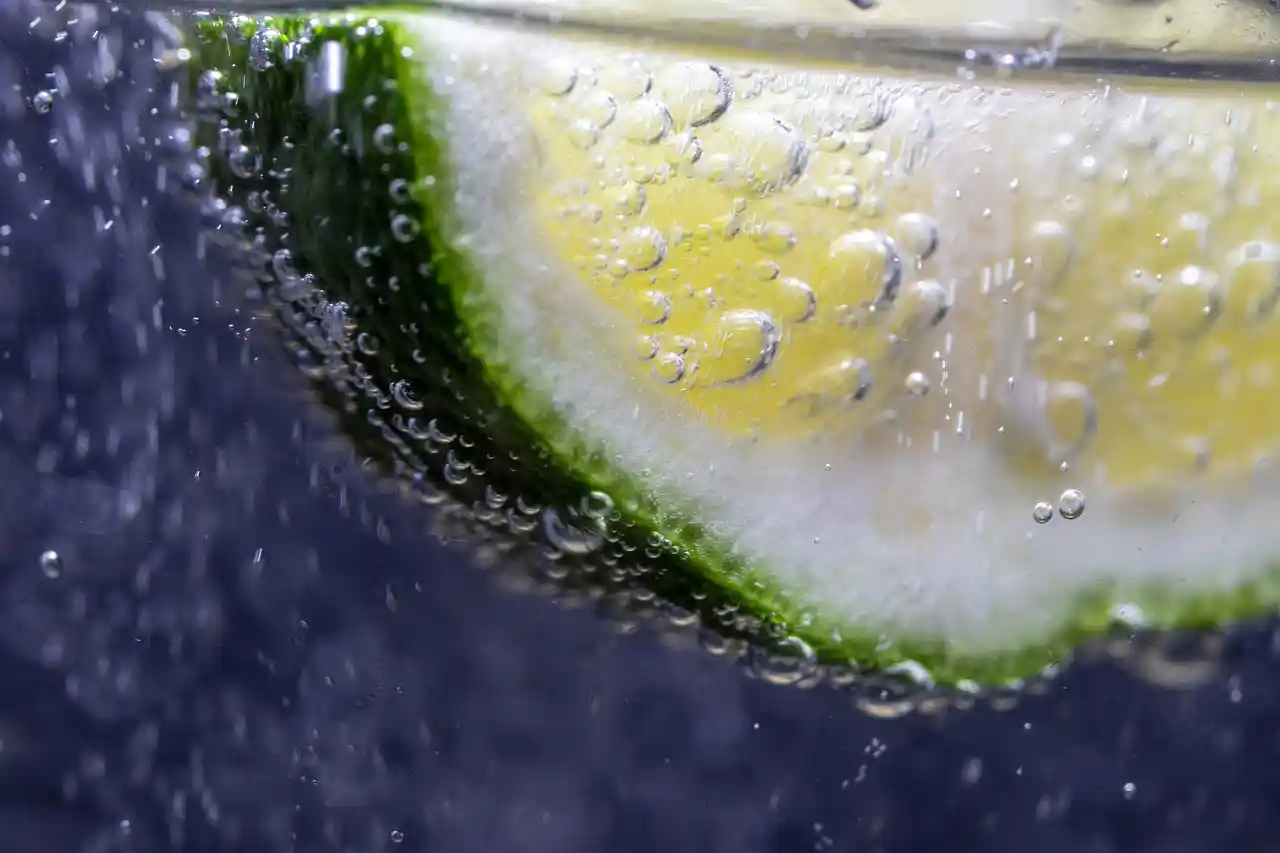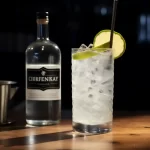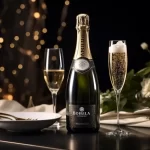Tonic water is a popular mixer in cocktails around the world. Its unique taste and carbonation have made it a staple in many classic cocktails, such as the gin and tonic. But did you know that tonic water was originally developed as a medicine to treat malaria? In this article, we will explore the history of tonic water, from its medicinal origins to its use in cocktails today.
The Discovery of Quinine
The history of tonic water begins with the discovery of quinine, a compound found in the bark of the cinchona tree. Quinine was first discovered by the Quechua people of Peru, who used the bark of the cinchona tree to treat fever and other illnesses. The compound was later discovered by Europeans, who recognized its ability to treat malaria.
Tonic Water as a Malaria Cure
In the 18th and 19th centuries, malaria was a major health concern for Europeans living in tropical regions. Quinine was the primary treatment for malaria, but it had a bitter taste that made it difficult to consume. In order to make the medicine more palatable, British officers in India began mixing quinine with water, sugar, and soda. This mixture was the precursor to modern tonic water.
The Rise of Tonic Water
Tonic water became popular with British officers in India, who used it to treat and prevent malaria. The British brought the drink back to England, where it gained popularity among the general population. Schweppes, a company that still produces tonic water today, began selling the drink in the mid-19th century. Tonic water quickly became a popular mixer in cocktails, particularly with gin.
The Modern Tonic Water
Today, tonic water is available in a variety of flavors, but the most popular remains the original quinine tonic water. Modern tonic water is typically made with carbonated water, high fructose corn syrup, citric acid, natural flavors, and quinine. Some tonic waters also contain other botanicals, such as lemongrass or lavender.
Tonic Water in Cocktails
Tonic water is most commonly used as a mixer in cocktails, particularly with gin. The gin and tonic is a classic cocktail that has been enjoyed for over a century. Other cocktails that use tonic water include the vodka tonic and the rum and tonic. Tonic water can also be used as a substitute for soda water in some cocktails, such as the Tom Collins.
Tonic Water and Health
While tonic water was originally developed as a medicine to treat malaria, it is not recommended as a treatment for any medical condition today. Tonic water does contain quinine, which can be dangerous in large quantities. However, the amount of quinine in tonic water is generally considered safe for consumption.
Conclusion
Tonic water has come a long way from its origins as a medicine to treat malaria. Today, it is a popular mixer in cocktails around the world. Despite its evolution, tonic water remains a unique and versatile beverage with a rich history.
FAQs
What is tonic water made of?
- Tonic water is typically made with carbonated water, high fructose corn syrup, citric acid, natural flavors, and quinine. Some tonic waters also contain other botanicals, such as lemongrass or lavender.
What is the difference between tonic water and soda water?
- Tonic water contains quinine and has a distinctive bitter taste, while soda water is simply carbonated water.
Is tonic water safe to drink?
- Tonic water is generally considered safe for consumption. However, it does contain quinine, which can be dangerous in large quantities.
What is the history of tonic water?
- Tonic water was originally developed as a medicine to treat malaria, and it gained popularity as a mixer in cocktails in the 19th century.
Can tonic water be used in non-alcoholic drinks?
- Yes, tonic water can be used as a mixer in non-alcoholic drinks as well. It adds a unique flavor and carbonation to any beverage.
In conclusion, the history of tonic water is a fascinating journey from its medicinal origins to its current use in cocktails. It has come a long way from being a cure for malaria to becoming a popular mixer that is enjoyed around the world. Its unique taste and carbonation make it a versatile beverage that can be used in a variety of ways. Whether you enjoy it in a classic gin and tonic or as a non-alcoholic mixer, tonic water is a beverage with a rich history and a bright future.









